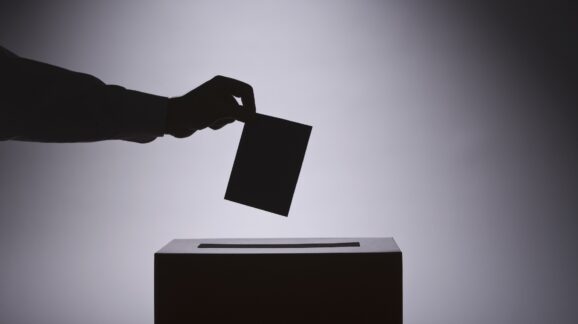An invitation for union organizers to cheat in elections

Photo Credit: Getty
The National Labor Relations Board has issued a new rule for union organizing elections that says the election will go ahead even when there are disputes over who is and isn’t eligible to vote in it. Only after the vote is concluded will those questions will be resolved, by which time the union may be officially recognized by the board. This renders the prior disputes moot. The rule is, in short, an invitation for union organizers to cheat in elections. They can still win even if they get caught.
Here’s what the new rule, titled, “Representation-Case Procedures,” says: “[D]isputes concerning individuals’ eligibility to vote or inclusion in an appropriate unit ordinarily do not need to be litigated or resolved prior to an election, and regional directors have authority to exclude evidence that is not relevant to determining whether there is a question of representation.”
And if those disputes turn out to be genuine? Well, the rulemaking argues that doesn’t matter because those matters are “often mooted by the election results or amicably resolved following an election.”
The rule benefits unions in several other ways, mostly by shortening the time frames for management to react to union elections and respond to actions by unions.
The board’s stated interest here is in speedier resolutions of representation cases. “Today’s decision, along with the Board’s recently issued Final Rule on Representation, will strengthen the Board’s ability to provide workers across the country with a timely and fair process for seeking union representation,” said NLRB Chairman Lauren McFerran.
Boardmember Marvin Kaplan, the NLRB’s lone Republican appointee, argued in his dissent that the ruling ignores the Supreme Court ruling in a 1946 case called A. J. Tower. “Accordingly, my colleagues ignore the inconvenient fact that the Supreme Court found… that resolving issues of employee eligibility to vote before the election not only satisfies that goal but is ‘peculiarly appropriate’ in Board elections,” Kaplan said.